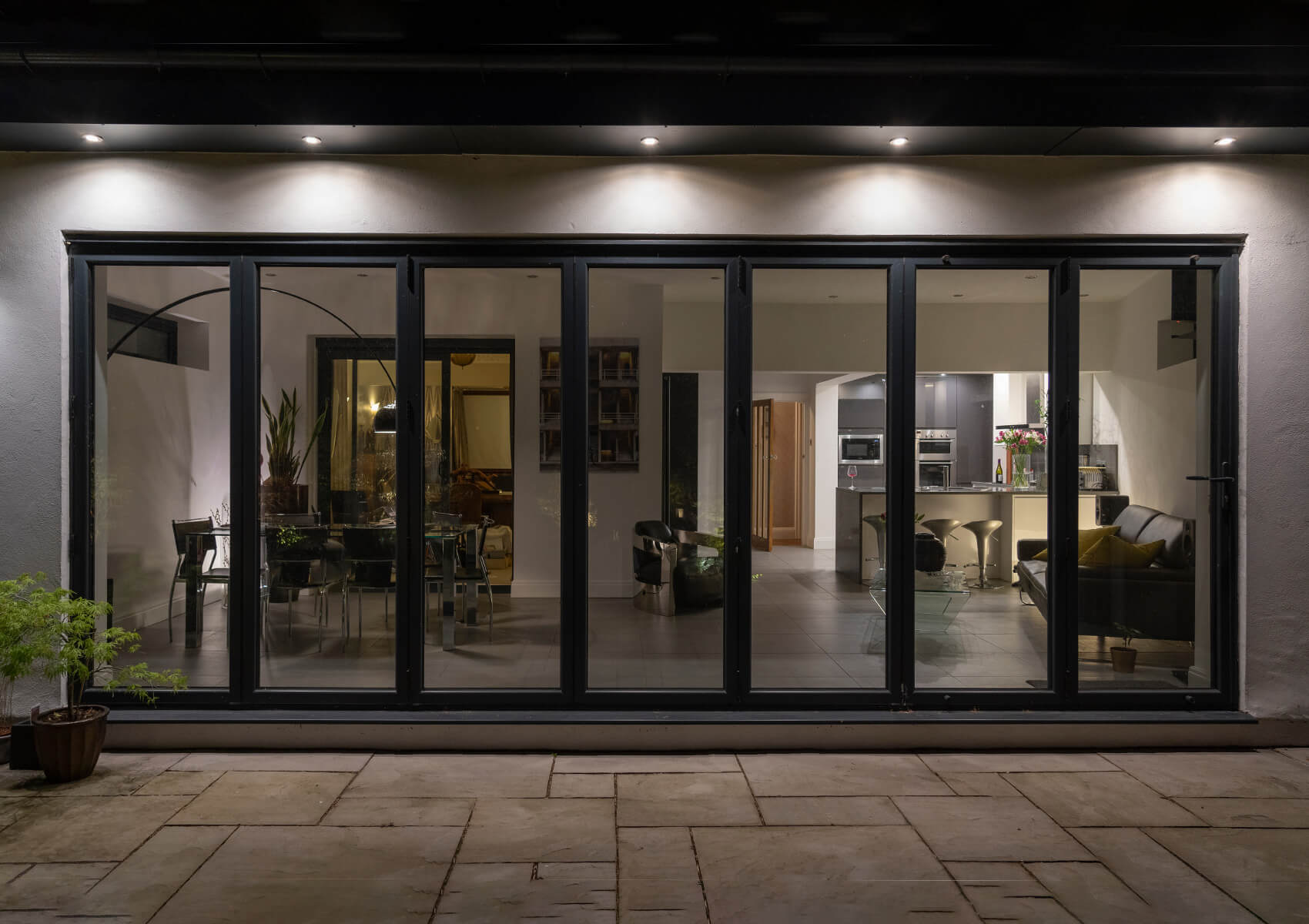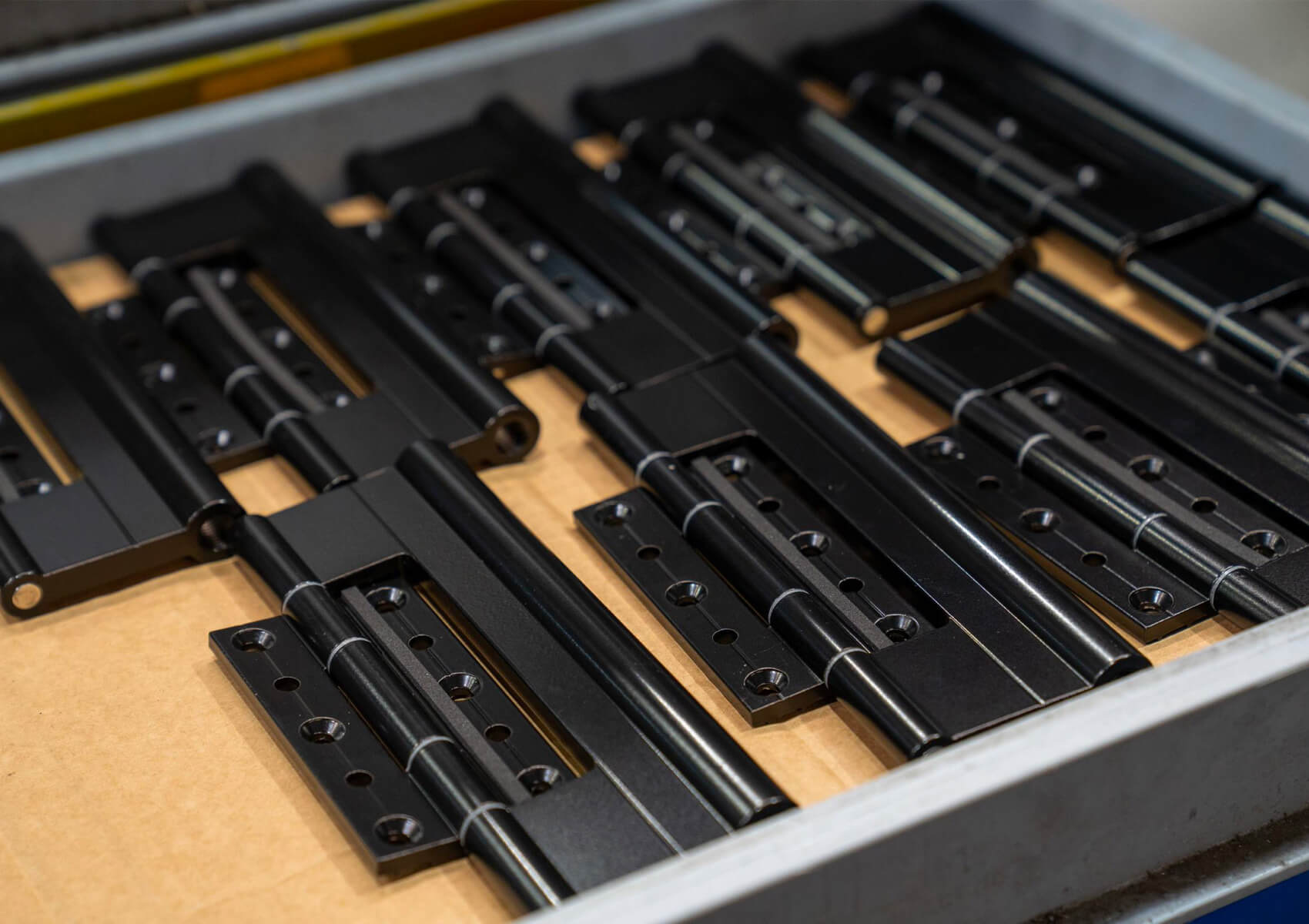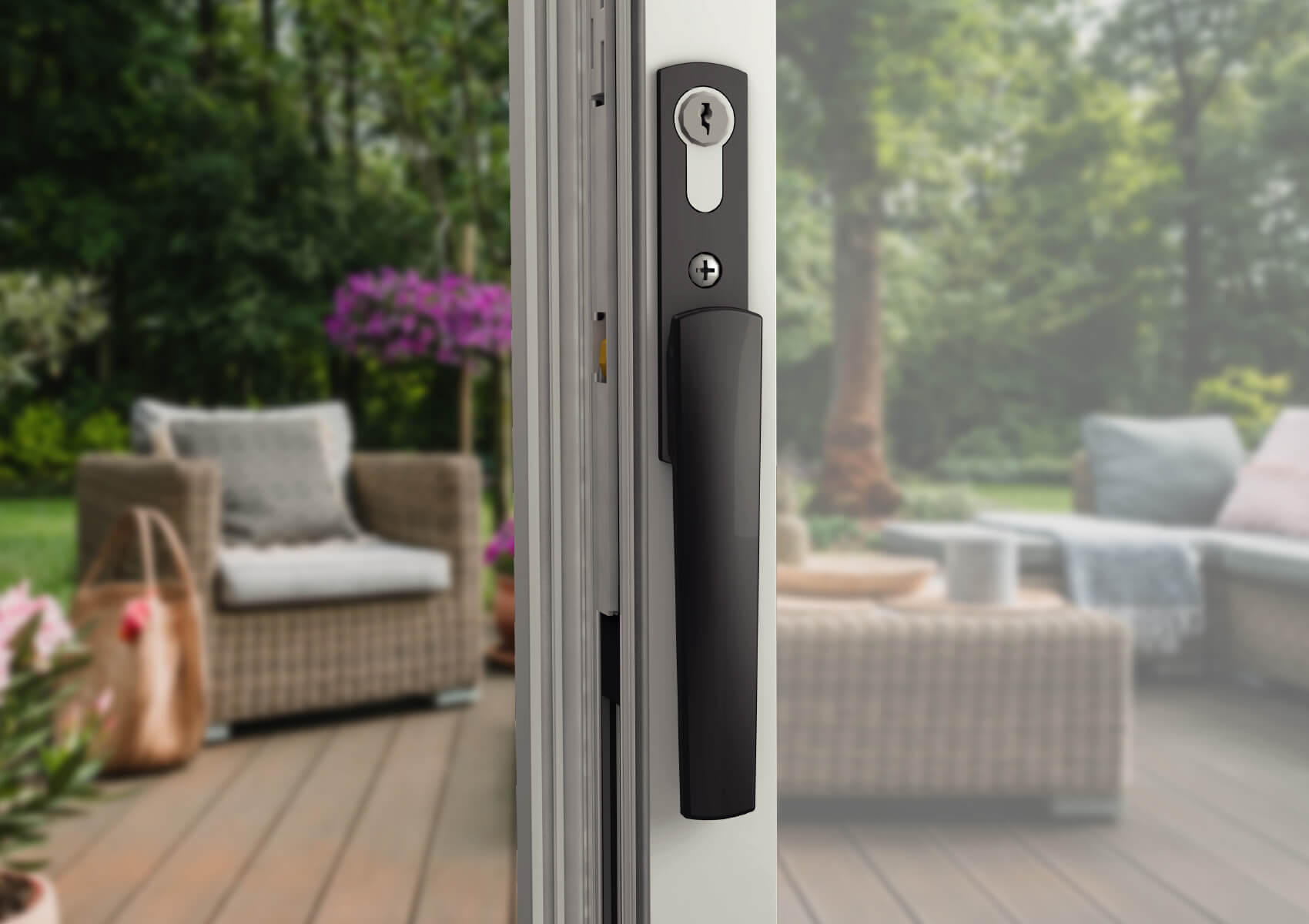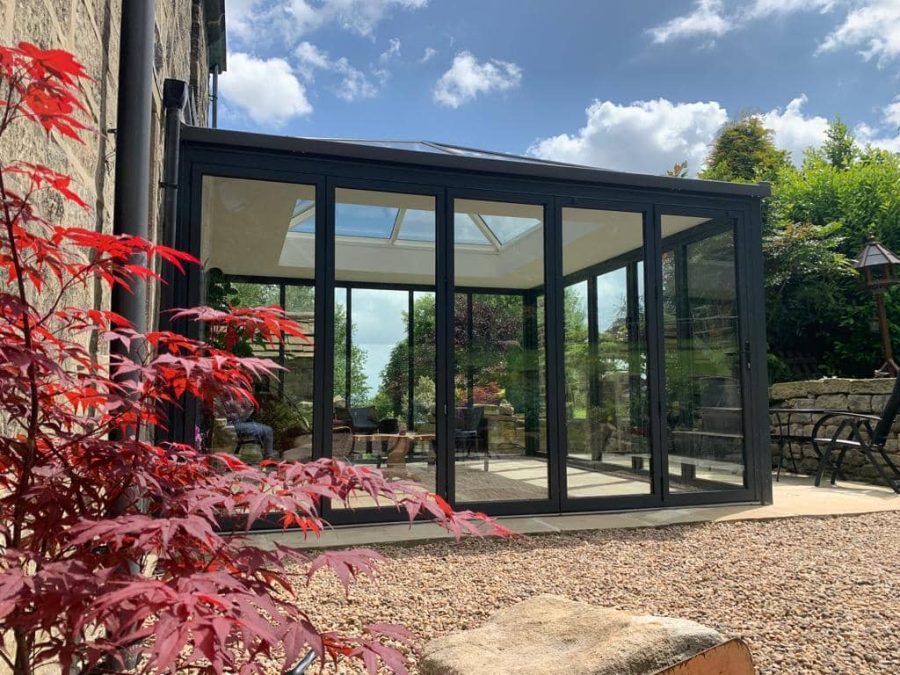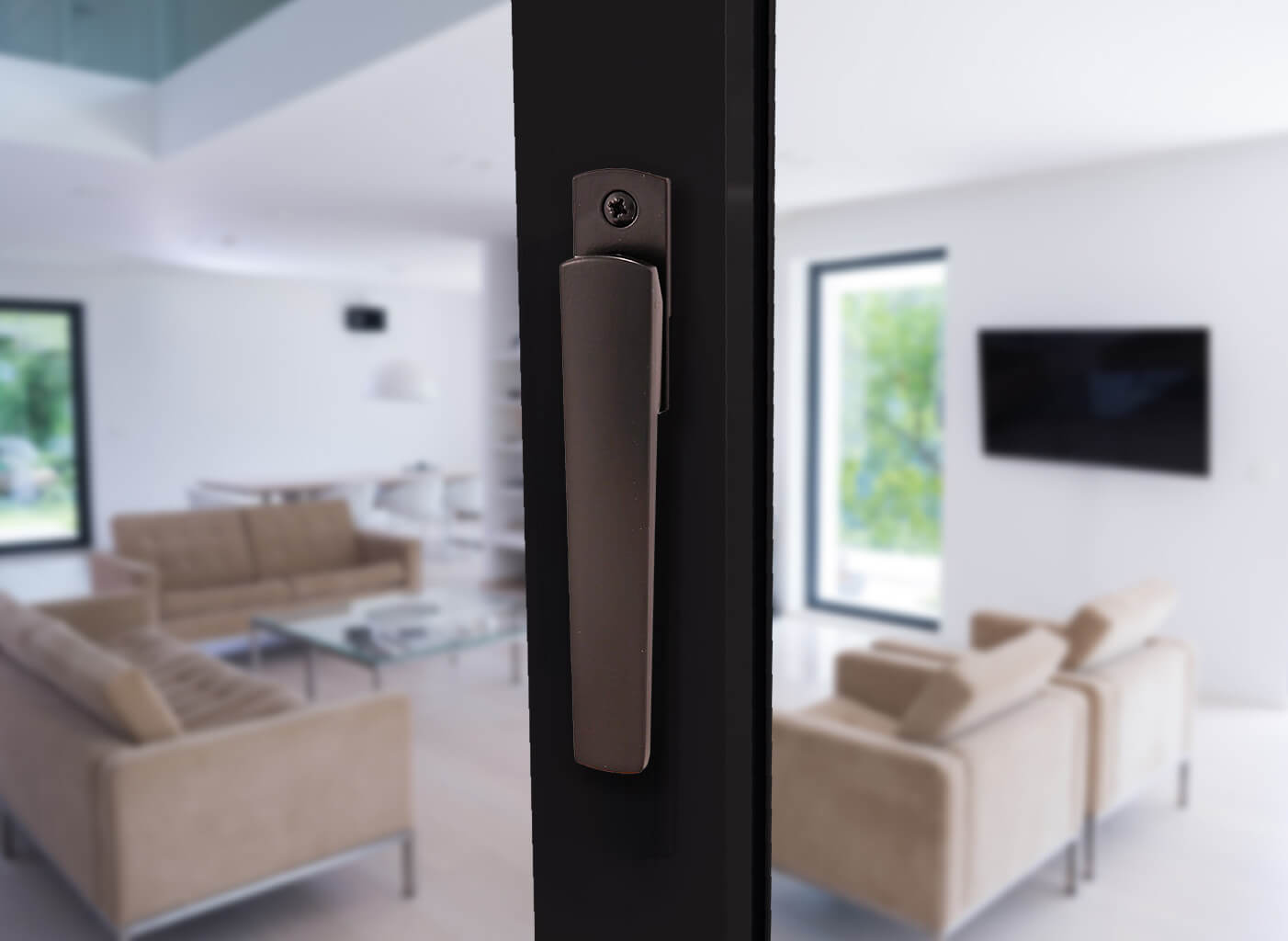As the home improvement industry prepares for the impending Future Homes Standard which comes into play in 2025, many companies have been reviewing the performance of their products to guarantee they remain fully compliant with the latest building regulations.
Important as the Future Homes Standard is, it forms part of the bigger plan to make the UK net zero by 2050. The complex strategy introduced by the government includes a range of policies and proposals designed to completely decarbonise all sectors of the UK economy, and of course the home improvement sector is no exception.
To successfully achieve the goals set out in the Net Zero plan, companies will need to look at their service offering as well as their internal processes and procedures to identify what changes they can make to become a greener organisation.
At Debar, we have already started to embrace sustainability within our head office in Bradford. With a serious commitment to delivering quality hardware and customer service, we are continuing to integrate a range of different environmental considerations into its operations as Peter Sutcliffe, our MD, explains.
“As a dedicated manufacturer operating in the UK and worldwide, we have closely examined our products to make sure they can successfully achieve the lower U-values outlined in Part L. Where possible, we’ve even supported our customers to do the same to help ensure fully compliant bi-fold doors are being developed and sold across the country.”
With more than 15 years’ experience operating in the bi-fold market, we also have dedicated members of the team who keep on top of trends and industry announcements always keeping us a step ahead.
“Part of our customer commitment is staying up to date with all of the latest industry news so we know exactly how to adapt to any changes being introduced,” adds Peter.
“For many years, we’ve been exploring the Future Homes Standard and that’s helped us to better prepare for 2025. We’re feeling confident we’ll be ready for any further changes that could be introduced in the future.”
Embedding environmental practices
We also understand that becoming a greener company goes beyond the products and services we offer so have explored what changes we can make internally to have a positive environmental impact.
One of the biggest and most effective principles we have studied is lean manufacturing. Designed to reduce waste while simultaneously improving and maximising productivity, lean manufacturing or lean production can lead to incredible results.
As part of this methodology, we have reviewed our entire manufacturing process and will be conducting a factory reshuffle to streamline our production line and reduce the time taken from start to finish.
Waste management strategies also have a big environmental impact as they help to utilise resources more effectively and sustainably. To ensure that we successfully recycle, reuse and recover our materials, we have also updated our own waste policies.
“As a business we want to do what we can to reduce the amount of waste that ends up at landfill, so we’ve made a few changes to how we do things at the factory,” explains Peter.
“We’ve taken a closer look at how we package our products and have taken the necessary steps to dramatically reduce the amount of plastic and cardboard used. Plus, we’ve introduced a new rule to reuse any cardboard boxes where necessary, and we’ve welcomed a new machine which compresses any unused aluminium so that it can be recycled and reused for other products.”
With transport contributing to 34% of the UK’s carbon emissions1, we have even introduced green initiatives designed specifically to help reduce this staggering figure as Peter explains.
“We offer all members of the team the opportunity to take part in the cycle to work scheme and we’ve also invested in our first electric and hybrid vehicles. While these may seem like small changes, they’re sure to make a big difference in the long run.
“Ultimately, as the industry edges closer to both the Future Homes Standard and Net Zero strategy, companies must embrace sustainability in order to survive and thrive as we move towards a greener future.”
Get in touch today to find out how we can support you with all your bi-fold needs.

